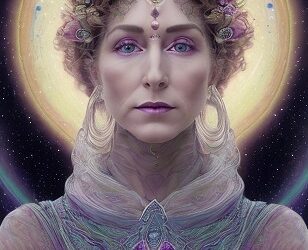Depression strikes nearly 20 million people per year in the United States. And even as common as that may be, most folks suffering from depression feel isolated and alone. Mood disorders include Depression, Dysthymia, and the Bi-Polar Disorders.
For some, the solution to these mood fluctuations and disorders is medication. For others, psychotherapy and other forms of Integrative Medicine can be equally, if not more, helpful with the symptoms of depression.
Consultation provides a wonderful opportunity to evaluate your depression and to make a reasonable, informed decision about the best way to manage your mood.
Depression
- Determine whether your depression is endogenous (or genetically-driven) or situational (experience-driven) Depression
- Do you have a family history of depression?
- Have you had recent experiences that might be associated with your change in mood?
- Examine the symptoms commonly associated with depression
- Depressed mood
- Loss of interest or pleasure in usual activities
- Feelings of worthlessness or guilt
- Inability to concentrate
- Deep fatigue (that doesn’t resolve with additional sleep)
- Loss of energy
- Insomnia (not sleeping well) or Hypersomnia (sleeping all the time)
- Physical sluggishness (feeling as if you’re moving through mud)
- Significant weight loss or gain
- Suicidal thoughts
- Feelings of hopelessness
Dysthymia
- Chronic, low-grade depression that never really seems to go away is called dysthymia. Even if it is not as “dangerous” as Major Depression, it can impair quality of life.
- Appropriate treatment for depression may relieve or resolve the symptoms and allow for increased involvement in enjoyable activities and a renewed commitment to life.
Bi-Polar Disorder
- Historically called “Manic Depression”, this diagnosis is used with folks who notice a cyclic fluctuation between depressive and manic states.
- Depressive states may range from feeling blue for a few days to the inability to get out of bed for weeks or even months
- Manic states may include wildly impulsive behaviors such as shopping sprees, inappropriate sexual contact or behavior, exercising compulsively, and gambling beyond logic or limit. Manic states may range from remaining up, without sleep for several days, to flagrant psychotic episodes during which the individual is out of touch with reality.
- Psychotherapy may assist you with clarifying your diagnosis, recognizing your cycles, evaluating the need for medication









